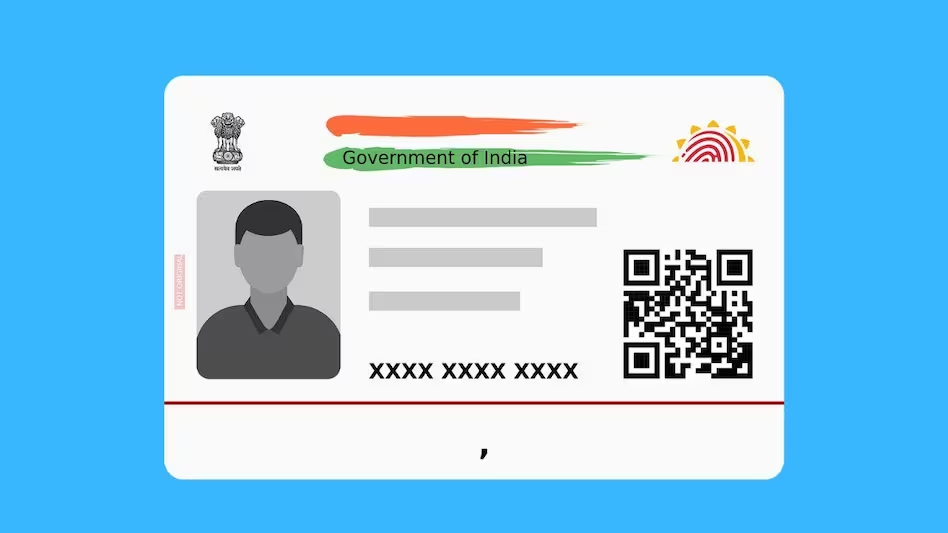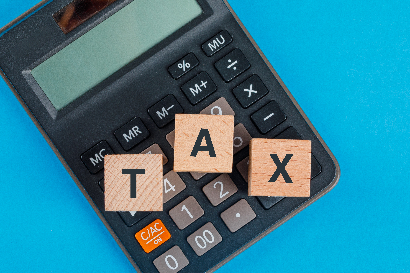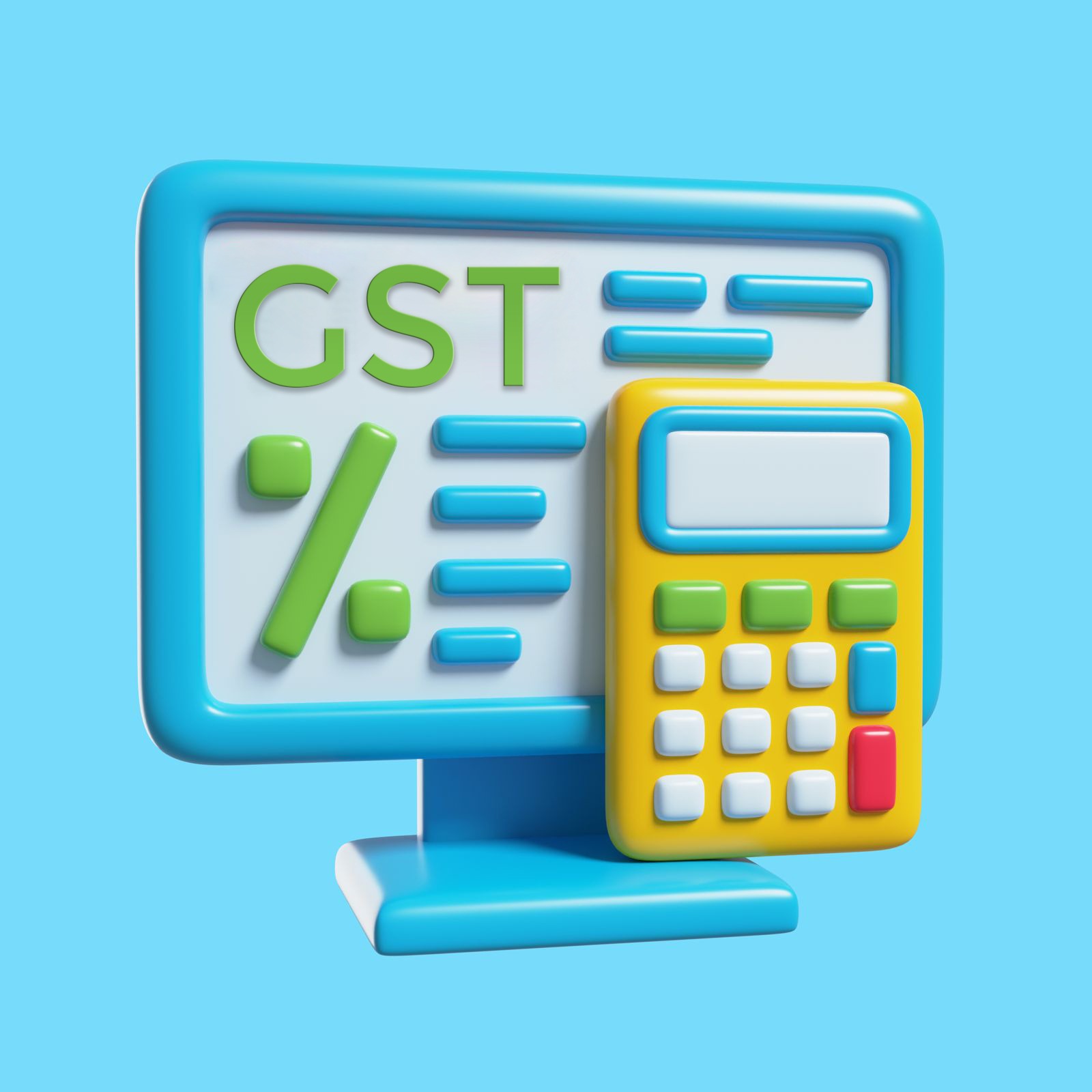

Tax Return: Four Key Deadlines to Note Before December 31, 2024
As the year-end approaches, taxpayers must take note of crucial deadlines related to income tax filing. While various categories of taxpayers have distinct Income Tax Return (ITR) submission dates, the final deadline for filing belated and revised returns is consistent: December 31, 2024. Missing this deadline can lead to significant consequences.
Income Tax Return Filing
December 31, 2024, marks the last date for submitting belated and revised income tax returns for the financial year 2023-24 (Assessment Year 2024-25). Taxpayers who fail to file their ITRs by this deadline or within the timeframe specified in notices from tax authorities will be required to submit a belated return. Additionally, if any errors or omissions are identified in the original return, taxpayers can file a revised return to make corrections.
Penalty for Late Filing
Filing an income tax return after the due date (July 31 for salaried individuals and senior citizens) incurs a penalty under Section 139(4) of the Income Tax Act. A fine of Rs 5,000 is applicable even if there are no outstanding taxes. However, this penalty is reduced to Rs 1,000 for taxpayers whose income is below a certain threshold. If taxable income is below the exemption limit of Rs 3 lakh, no penalty is levied for late filing.
New Tax Regime for FY 2023-24
It is essential to note that late returns for FY 2023-24 must adhere to the new tax regime, as the previous tax regime is no longer an option for belated filings. The new tax system allows only two deductions:
- A standard deduction of Rs 50,000
- The employer’s contribution to the National Pension System (NPS) of up to 10% of basic salary
Other deductions and exemptions available under the old tax regime, such as Section 80C, 80D, and HRA exemptions, are not applicable under the new system.
Filing Revised Returns
If taxpayers identify errors in their original or delayed returns—such as missed income declarations, deductions, or undisclosed accounts—they may file a revised return. However, failing to meet the December 31 deadline for corrections means they will lose the chance to claim refunds, offset losses, or adjust tax liabilities for the year.
It is important to remember that revised returns cannot be used to claim additional refunds or introduce losses not originally reported.
Reporting Foreign Income and Assets
Taxpayers with foreign income or assets must disclose them by December 31, 2024, to avoid penalties under the Income Tax and Black Money Acts. The tax department emphasizes the importance of completing the Foreign Asset (FA) or Foreign Source Income (FSI) schedule in the ITR, regardless of the taxpayer’s income level.
Foreign assets include bank accounts, financial interests, immovable properties, trusts, and other capital assets held abroad. Foreign income may comprise interest, dividends, gross proceeds, and other earnings from overseas.
Direct Tax Vivad Se Vishwas Scheme
Taxpayers involved in income tax disputes can take advantage of the Direct Tax Vivad Se Vishwas Scheme to settle cases with reduced penalties. Introduced in Budget 2024, this scheme allows taxpayers to pay only the disputed tax amount and a specified percentage, with interest and penalties being waived.
Declarations made by December 31, 2024, require paying 100% of the disputed tax demand. After this date, declarations will involve 110% of the disputed amount. Taxpayers are encouraged to act promptly to benefit from this settlement scheme.
Key Takeaway
December 31, 2024, is a critical deadline for taxpayers to file their returns, disclose foreign assets, or settle disputes under the Vivad Se Vishwas Scheme. Stay informed and act promptly to avoid penalties and maximize compliance benefits.










